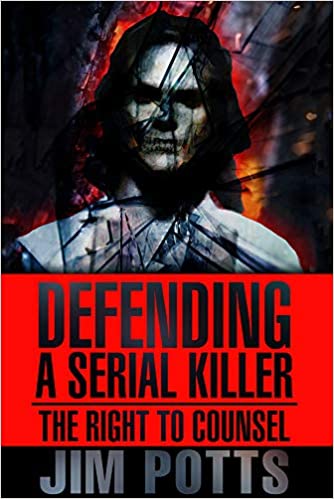Attorney Potts examines the ethics of being an American criminal defense lawyer in this memoir. As a law student in 1982, Potts helped on an appeal to overturn the conviction of a man on death row in California. Potts expresses little doubt that the man in question, Michael Lee Mattson, murdered at least three women in 1978, but his book focuses not on Mattson’s culpability but rather on the police’s violation of his legal rights during interrogation. He writes that after Mattson’s arrest in Las Vegas, the investigating officer began a conversation with Mattson on casual subjects but eventually transitioned to talking about the three murders in question, even after Mattson had stated he did not want to discuss the charges against him. Mattson confessed to murdering and raping three women, and in 1979, he was convicted and sentenced to death. Potts worked on Mattson’s appeal four years later, spending long hours at the Los Angeles Public Library in the pre-digital era. He eventually found four relevant cases, including
Miranda v.
Arizona, which established suspects’ rights during police interrogations. While Potts’s team was successful in overturning Mattson’s conviction in California Supreme Court in 1984, it was in many ways a pyrrhic victory. (On retrial, Mattson was convicted again; he eventually died on death row.) Though Potts covers a lot of ground beyond the case itself, he skillfully summarizes complex legal arguments and reinforces that even people accused of the worst crimes are entitled to legal protections. Potts is less skilled when it comes to recreating dialogue, however, and the final chapters, which examine Mattson’s mental health and similarities to other serial killers, seem more like the beginning of another book entirely rather than the conclusion to this one.
VERDICT A deep dive into the research, ethics, and personal impact of defending the seemingly indefensible. This title will appeal to law students and others interested in the nuances of justice.




Comment Policy:
Comment should not be empty !!!